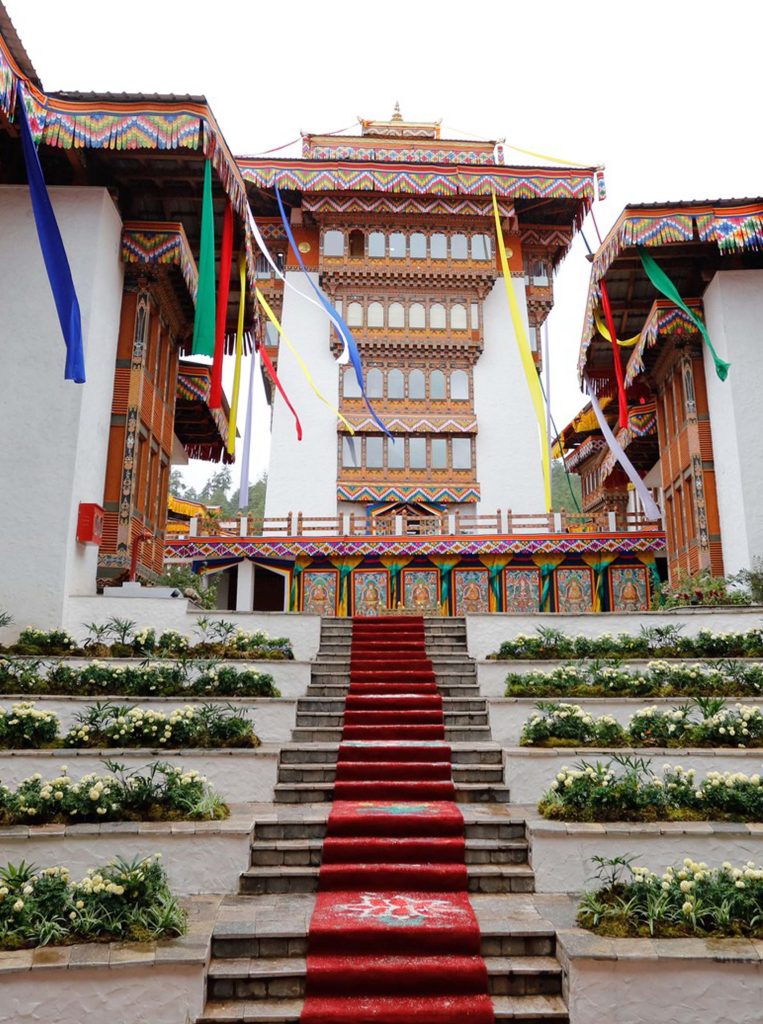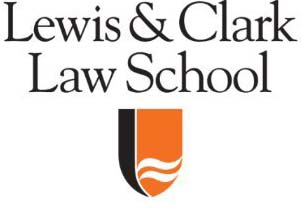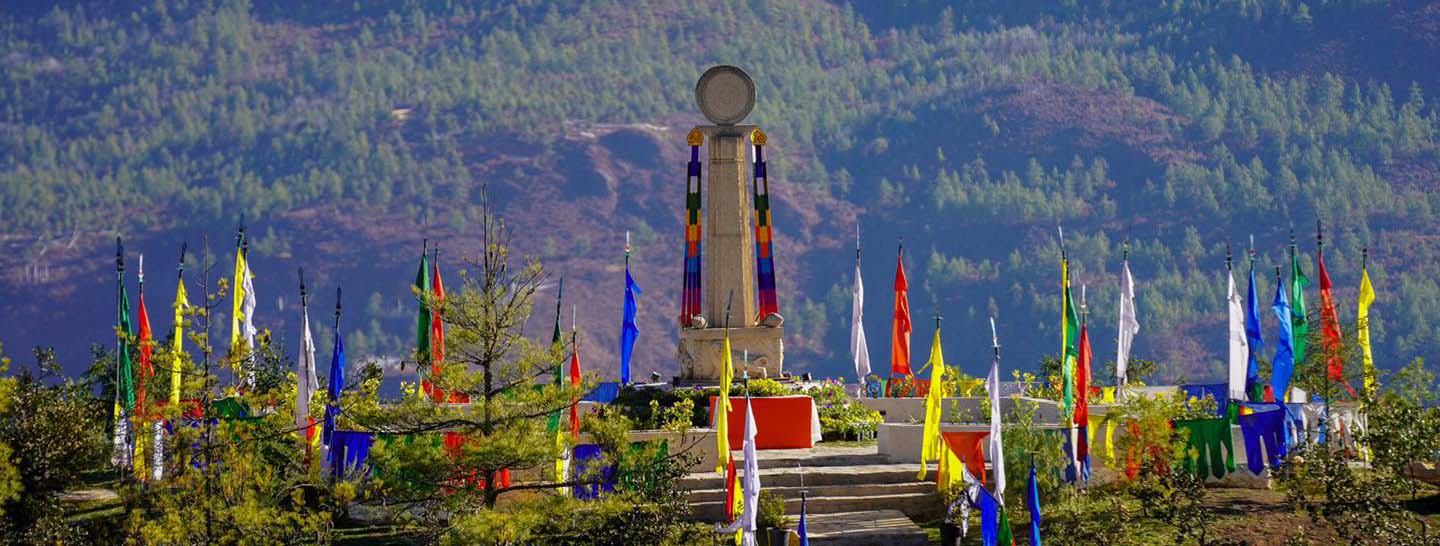JSW School of Law’s Climate Change and Environment Graduate Summer School
POSTED ON - Feb 27th, 2024

July 13 – August 3, 2024
Pangbisa, Paro, Bhutan
The JSW School of Law invites you to attend a Special Graduate Program on Climate Change, the Environment, and Sustainability at its spectacular new green campus just outside of Paro, Bhutan. Students will have a choice of two courses taught by highly respected legal academicians from leading law schools in the United States and Australia. The courses will be taught intensively over a three-week period.
Highlights
● Highly topical and engaging courses taught by skilled and experienced legal academicians.
● A pristine Himalayan setting, the highest law school in the world.
● Interaction with International and Bhutanese law students in the classroom, residences, and on field trips.
● Special exposure to unique aspects of Bhutanese society and its legal system through field trips to Thimphu, the capital city, and Punakha, the previous seat of government.
In Partnership with:

Summer School Overview
Courses
► Environmental Challenges of the 21st Century (two week course 13 – 27 July)
Professor Dan Rohlf, Lewis & Clark Law School, USA
► Rule-of-Law, Governance, & Environment (three week course 13 July – 3 August)
Professor Jonathan Liljeblad, Associate Professor, Australian National University, College of Law
Program Details
The Program will admit a maximum of 25 students. Students may enroll in one or both courses offered. The timetable is designed so that students enrolling in two courses will spend around 4.5 hours in class per teaching day with ample breaks in between. Each class will meet two days a week. Friday and the weekends will be reserved for field trips to sites related to both classes. Students have free days on weekends for optional activities.
Each course is taught using the seminar method. There are 27 total class contact hours, plus field trips. Students will be assessed by continuous modes such as reflections, reading reflection papers, student presentations of readings, and class participation. A final assessment may be given during the course or it may include an option to complete the assessment within a few weeks after the class has ended.
Upon satisfactory completion, students will be awarded a certificate detailing the courses they have taken and the grades received. The certificate will be signed by representatives of the JSW School of Law

Course Details
Environmental Challenges of the 21st Century, Professor Rohlf (2 weeks)
In the late 20th century, the law made great strides in tackling fundamental environmental problems such as pollution, cleanup of hazardous wastes, and overuse of natural resources. While the problem of climate change has deservedly received much attention in the first decades of the 21st century, countries around the world are also grappling with emerging environmental and sustainability challenges, many with direct links to climate. For example, significant amounts of fossil fuels go into rapidly escalating production of plastics, which drive greenhouse gas emissions, fill the planet with debris, and even inject microplastics into people’s and animals’ bloodstreams. Such problems have prompted the global community to begin negotiations on an international treaty that could use new legal approaches to manage and reduce persistent materials that pose threats to the climate, communities, and even our health. This class will survey a few of the emerging environmental and sustainability challenges of the 21st century, as well as both traditional and innovative legal responses to these problems. In addition to plastics, the course will consider innovative legal approaches to issues such as tourism, which accounts for ten percent of greenhouse gas emission and increasingly harms local communities; the biodiversity crisis; and efforts to change the behavior and reduce carbon emissions of powerful corporations.
Rule-of-Law, Governance, & Environment, Professor Liljeblad (3 weeks)
This course focuses on the intersection of environment with rule-of-law and governance. Environmental rule-of-law and environmental governance deal with the implementation gaps between environmental laws in books and environmental laws in practice. Implementation is a major concern for the promotion of international environmental law agendas. Since the 1972 Stockholm Declaration on Human Environment, international environmental law has hosted a proliferation of norms, principles, rules, and institutions dedicated to sustainable development and environmental protection. Major impetus occurred at the 1992 World Conference on Environment and Development, which initiated a corpus of instruments whose contents have become foundations of environmental law: the Rio Declaration, the United Nations Framework Convention on Climate Change, the Convention on Biological Diversity, and Agenda 21. In the decades since then, however, the goals of international environmental law has been frustrated by implementation problems within individual countries, with the United Nations identifying issues of rule-of-law and governance as primary challenges.
The course is intended to give students an introduction to concepts, principles, and trends regarding rule-of-law and governance in connection withenvironmental issues. The course covers theory, policy, & practice, with attention to ongoing controversies and challenges in implementation. The goals of the course are to help students understand 1) the implementation gaps that reflect problems of rule-of-law and problems of governance, and 2) potential approaches to resolving those problems. In particular, the course focuses on the work of the United Nations and its agencies, which have issued international standards for environmental rule-of-law and environmental governance. The course will then survey the application of those standards across a range of current environmental cases, including but not limited to climate change, biodiversity conservation, water management, mining, forestry, ecosystem management, protected areas management, and World Heritage.
Course Instructors

Professor Dan Rohlf
Professor Dan Rohlf teaches numerous courses in Lewis and Clark Law School’s highlyranked environmental and natural resources program. Originally trained as a geologist, Professor
Rohlf’s expertise includes endangered species law and policy, wildlife law, and ecosystem management. He is also interested in the interaction of law and science, as well as how law can help make society and businesses more sustainable and resilient. He co-founded Earthrise Law Center, Lewis and Clark’’s domestic environmental law clinic, and has taught as a visitor at law schools in South Korea and Italy. Rohlf received his BA from Colorado College and his JD from Stanford.

Professor Jonathan Liljeblad
Jonathan Liljeblad is Associate Professor at the Australian National University College of Law. He holds a PhD and JD from the University of Southern California, and a BS from the California Institute of Technology. His research focus is on the complexities of promoting international norms in developing countries, and centers on case studies in environment, human rights, Indigenous rights, and rule-of-law. His fieldwork is primarily in Southeast Asia, where his studies are supported by non-government organizations such as Asia Development Bank, International Commission of Jurists, and Konrad Adenauer Stiftung. He was born in Myanmar as a member of the Pa’Oh Indigenous peoples of Shan State, and grew up in Sweden and the United States.


Planning Your Travel
There are two airlines flying into and out of Paro, the only international airport in Bhutan: Druk Air- Royal Bhutan Airlines and Bhutan Airlines. Both Airlines charge similar and fixed fares. Druk Air flies into Bhutan from India (Delhi, Kolkata, Guwahati and Bagdora), Bangladesh (Dhaka), Thailand and Singapore. Bhutan Airlines flies from India (Delhi and Kolkata), Nepal (Kathmandu) and Thailand.
Optionally, students can fly to Bagdora and travel by road to Jaigaon (border town), West Bengal, India, which will take approximately 4 hours. From the border town of Phuentsholing, Bhutan, it is approximately another 4 hours drive to Paro.
Applying for the Summer School
Who Can Apply?
To apply, students must meet the followig criteria:
► Students must have completed their undergraduate degree (LLB, B.S., or B.A.)
► Applicants must have a sufficient command of the English language for
studying the required readings and participating in classroom discussions.
How to Apply?
To apply for the summer school program, download the application form HERE. You must duly fill the form and email it to graduate.summer.school@jswlaw.bt along with other relevant documents as specified in the form.
Deadline
► Application deadline: March 30, 2024.
► Selection results on a rolling basis but no later than April 5, 2024.
► Payment of half the fees, which are non-refundable, April 10, 2024.
► Payment of balance of fees non-refundable April 20, 2024.
► Early applicants will be given an advantage in the selection process.
Fees
► $2,000 USD per course ($1,000 USD per credit hour)*
► $1,000 USD for suite with shared bath and meals on campus for
three-week course. $800 for students signed up only for the two-week
course.
► Meals on field trips and optional travel are not included.
► The above fee structure includes an overnight trip to Thimphu, the
Capital City of Bhutan, the first weekend. The above fee also includes an
overnight trip to Punakha, the previous capital of Bhutan.
*Some partial scholarships are available to students on a need basis in Bhutan and SAARC countries. A minimum number of full tuition students or the equivalent must enroll by March 1 for classes to be held. Refunds will be provided if the minimum number of students is not reached.
To make the payment, click here for payment instruction
Visa Information
Upon confirming your enrollment, we will email you the visa application form. Note that you will be required to pay Nu. 5000/- visa fee separately.
Contact US
graduate.summer.school@jswlaw.bt
Sangay Choden +975 77733634
www.jswlaw.bt